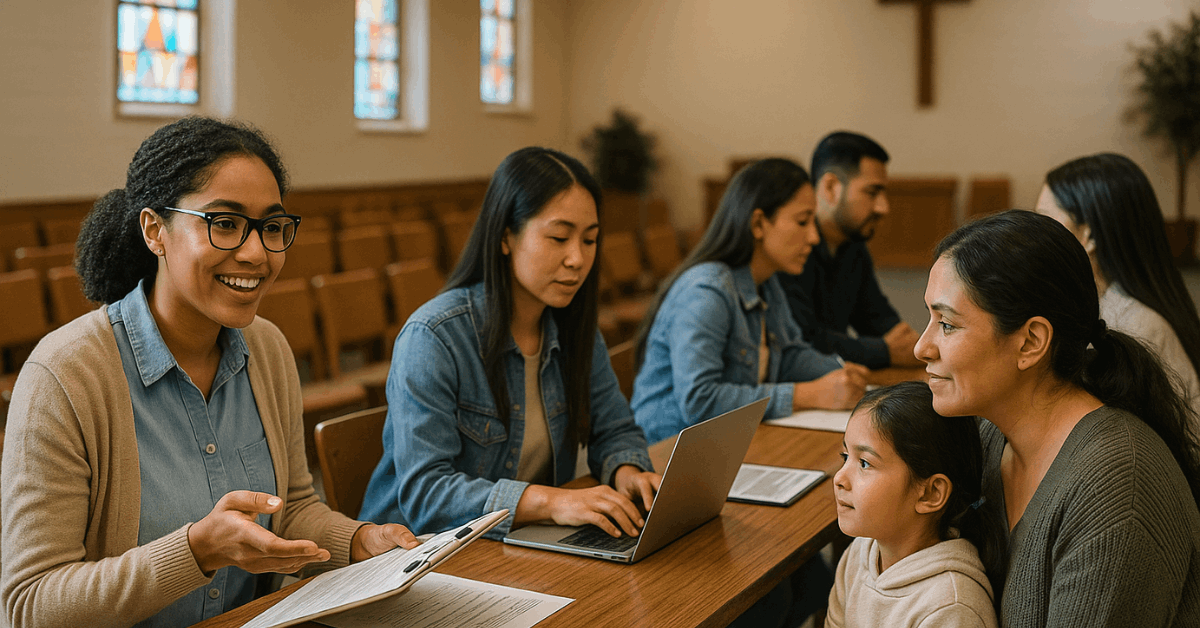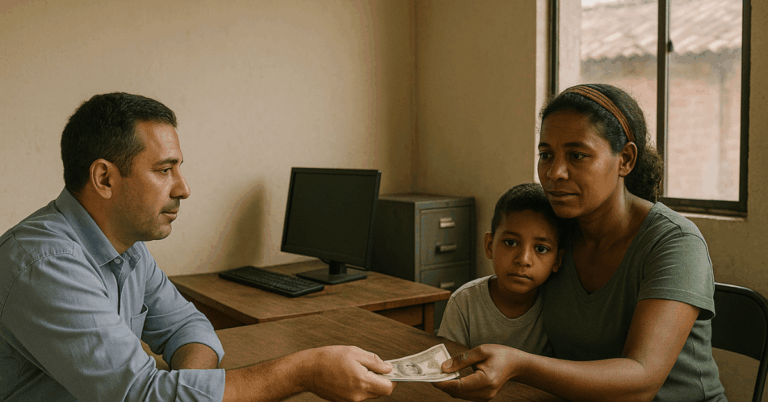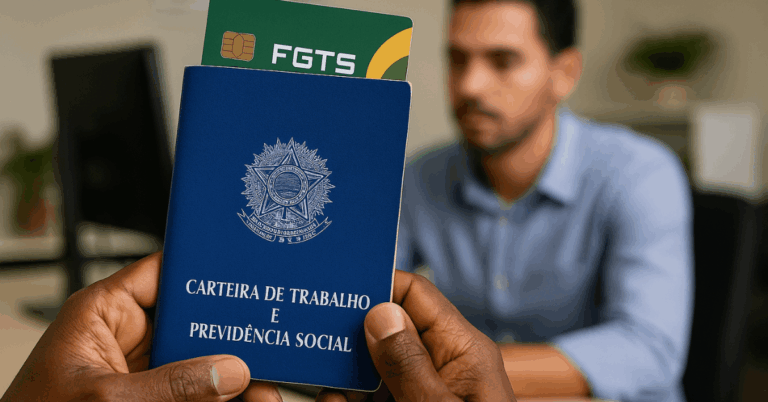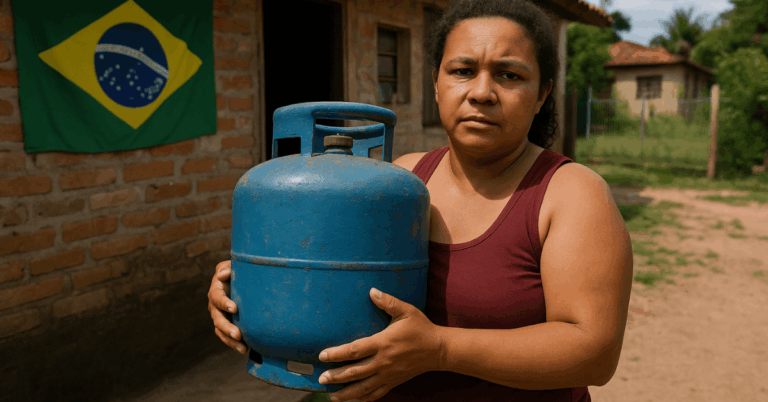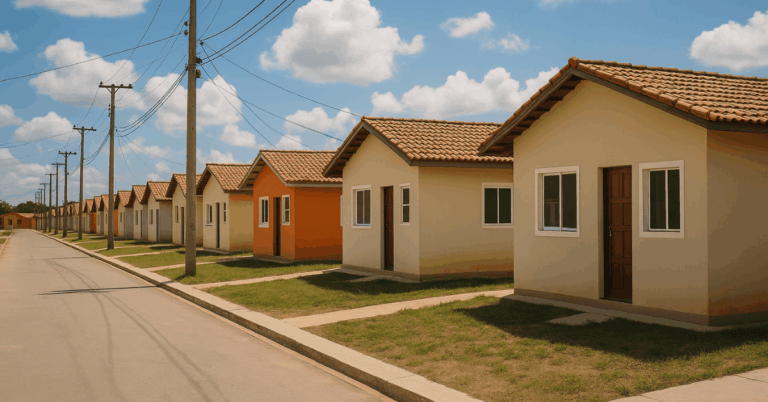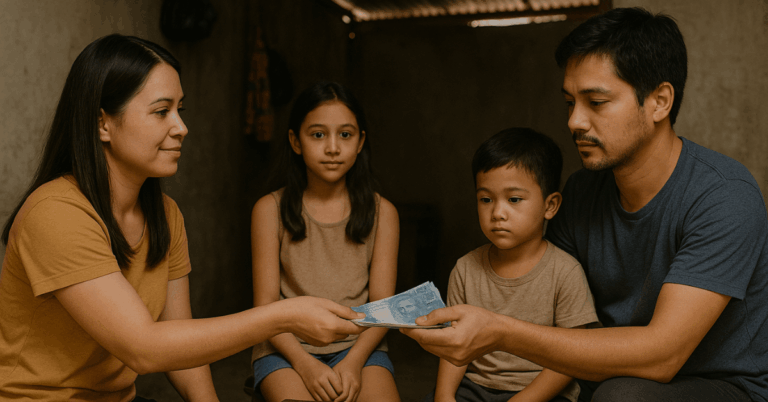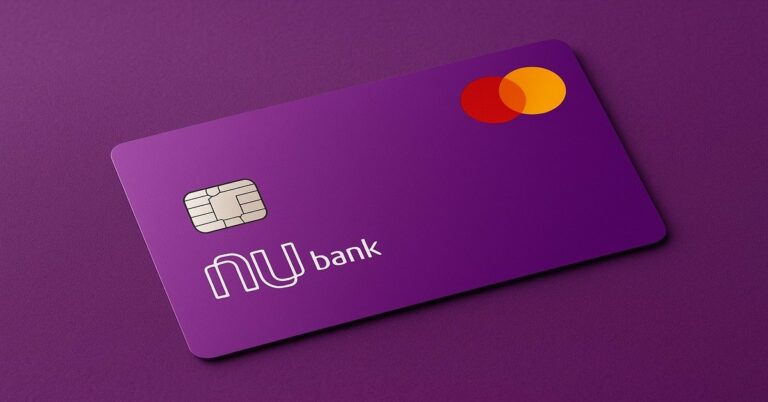Access to electricity is essential for every household, especially those with limited income. The Social Electricity Tariff is a public policy designed to reduce the energy burden on vulnerable families.
This initiative allows eligible consumers to receive discounts on their electricity bills based on consumption.
Understanding how this benefit works is essential to make sure you or your family can take full advantage of it.
What Is the Social Electricity Tariff?
The Social Electricity Tariff is a government-mandated program that grants electricity discounts to low-income families.
It was created to help households facing economic difficulties access affordable energy. The program ensures that electricity remains accessible without compromising basic living conditions.
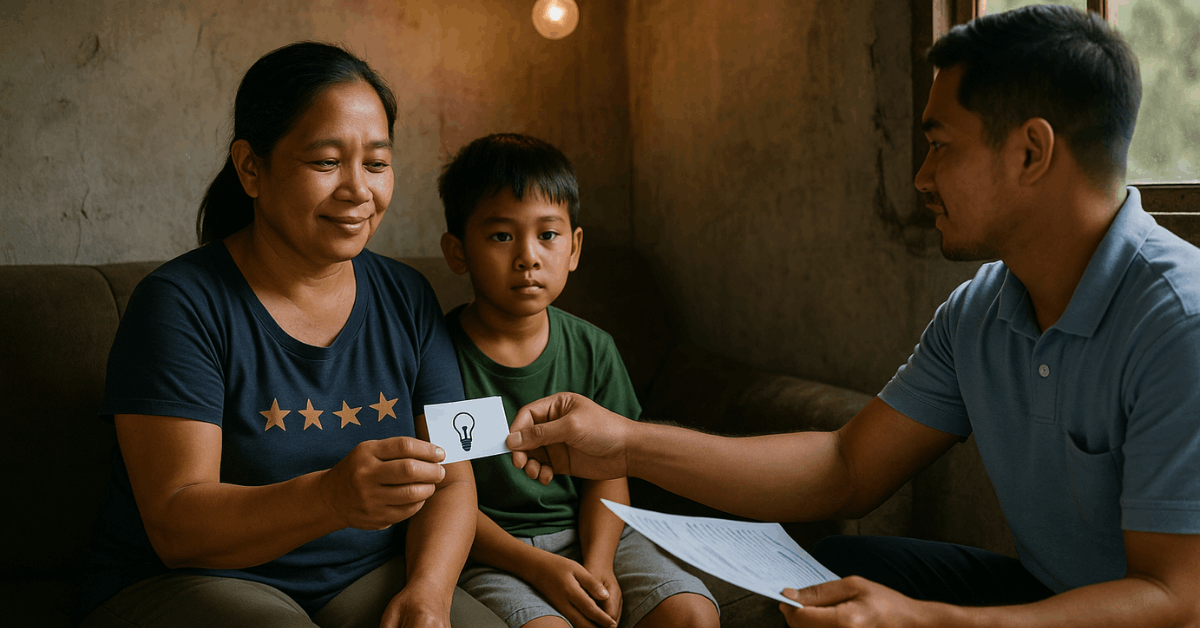
Managed by utility companies in partnership with social programs, it provides automatic or requested discounts based on income and registration.
Who Qualifies for the Social Tariff?
Eligibility depends on family income and registration in official government programs. Families must be part of Cadastro Único and earn up to half the minimum wage per person.
Beneficiaries of BPC (Benefício de Prestação Continuada) or Bolsa Família can also qualify.
Households with members who use life-supporting medical equipment powered by electricity may also receive the benefit.
How Much Discount Can You Get?
The discount depends on the family’s electricity consumption level. A higher discount is given for lower consumption levels to promote energy savings.
For example, up to 65% is granted for consumption up to 30 kWh. As consumption rises, the discount percentage decreases accordingly.
Step-By-Step: How to Apply for the Social Electricity Tariff
Applying for the Social Electricity Tariff requires completing specific steps carefully. Following this process will help ensure you receive the discount without delays.
- Ensure the family is properly registered in Cadastro Único with updated information.
- Collect all required documents: personal ID, CPF, and the electricity bill showing your name and installation number.
- Visit your electricity provider or the nearest CRAS office to formally submit your application.
- Wait for confirmation from your utility provider regarding approval and start of discount application.
Where to Submit Your Application?
You can submit your application through your electricity company’s local office or authorized agents. Some providers also allow online or mobile app registration for convenience.
Local CRAS centers also accept applications for those who prefer direct assistance. Always bring identification documents and your electricity bill for verification.
Common Mistakes That Delay or Deny the Discount
Many applicants make avoidable mistakes during the application process. These include submitting outdated information in Cadastro Único or using mismatched names on the electric bill.
Another issue is forgetting required documents like the CPF or installation code. Families that depend on medical devices must renew medical proof regularly.
Rights and Duties of Beneficiaries
Beneficiaries have rights under the program but also carry responsibilities. They are entitled to the discount if they meet the conditions.
They must keep their information updated in Cadastro Único and report changes in family composition or income. Misuse or providing false information may result in suspension of the benefit.
Can You Lose the Benefit?
Losing the discount is possible under certain conditions. Families that exceed the income threshold or move without notifying their provider may be disqualified.
Also, failure to update registration data yearly can lead to exclusion. Reapplication is possible if the eligibility criteria are met again.
How Social Tariff Supports Energy Justice?
The social tariff promotes fairness in access to essential services. It ensures that economically vulnerable families can maintain electricity for lighting, cooking, and health needs.
By reducing energy poverty, it helps uphold human dignity and supports public health. Biblical principles such as Proverbs 31:9 encourage defending the rights of the poor, aligning with this policy.
How Utility Companies Are Involved
Energy companies are obligated to offer and manage the social tariff. They verify eligibility using Cadastro Único data and notify customers of their benefit status.
Utility firms must also maintain channels for complaints and reapplications. Companies can be penalized for failing to implement the program properly.
Integration With Other Social Programs
The Social Electricity Tariff works together with programs like Bolsa Família or BPC. If you receive these benefits and meet consumption rules, the discount is often applied automatically.
Cross-program integration reduces bureaucracy and ensures timely support. Make sure all records match to avoid delays.
Special Cases: Indigenous and Quilombola Families
These groups receive higher discounts and expanded benefits. Indigenous and Quilombola communities can consume more electricity while still receiving subsidies.
The program recognizes their unique social vulnerability and remote locations. Government outreach is active in these areas to ensure inclusion.
What to Do If You’re Rejected?
Rejection doesn’t mean you can’t qualify in the future. You can ask for a review, correct errors in your data, or reapply after updating your Cadastro Único.
Many rejections stem from simple documentation issues. Keep your documents current and consult CRAS or your provider if problems persist.
Digital Tools to Check Eligibility and Monitor Bills
Many companies now offer apps or websites to monitor your status. You can check whether the discount is active and track your consumption.
Some apps also alert you if you become eligible or if data needs updating. These tools help prevent unexpected billing issues.
How the Tariff Affects National Energy Policy?
The program contributes to broader energy conservation efforts. By rewarding low consumption, it aligns with sustainability goals.
It also shifts focus toward decentralized energy access and renewables. Supporting poor households reduces national inequality.
Frequently Asked Questions
This section addresses the most common concerns and clarifies the basic requirements.
Can Renters Apply for the Tariff?
Renters frequently ask whether they qualify for the Social Electricity Tariff. The answer depends on a few key conditions.
- Many people have questions about eligibility for renters. This section clarifies the most common concerns.
- Renters are eligible for the Social Electricity Tariff.
- The electricity bill must be under the renter’s name.
- Commercial properties do not qualify for the benefit.
- Only one tariff discount is permitted per residence, regardless of the number of families.
Tips to Reduce Electricity Consumption Even More
Reducing your electricity use can increase the benefit you receive from the Social Tariff. These practices can lead to even greater monthly savings.
- Use energy-efficient appliances whenever possible.
- Avoid using high-consumption devices during peak hours.
- Unplug electronics when not in use to prevent standby power loss.
- Take advantage of natural light and ventilation to reduce reliance on fans and lights.
How Churches and Community Centers Can Help?
These institutions can organize outreach efforts to inform local families. They can offer support with documentation and online applications.
Elderly or disabled applicants benefit from guided help. Community involvement strengthens access and awareness.
Conclusion: Powering Families With Dignity
The Social Electricity Tariff is more than a discount—it’s a lifeline. It ensures low-income families can live with light, warmth, and dignity.
To access this benefit, you need correct documentation and regular updates. Share this information with those in your community who may qualify.
